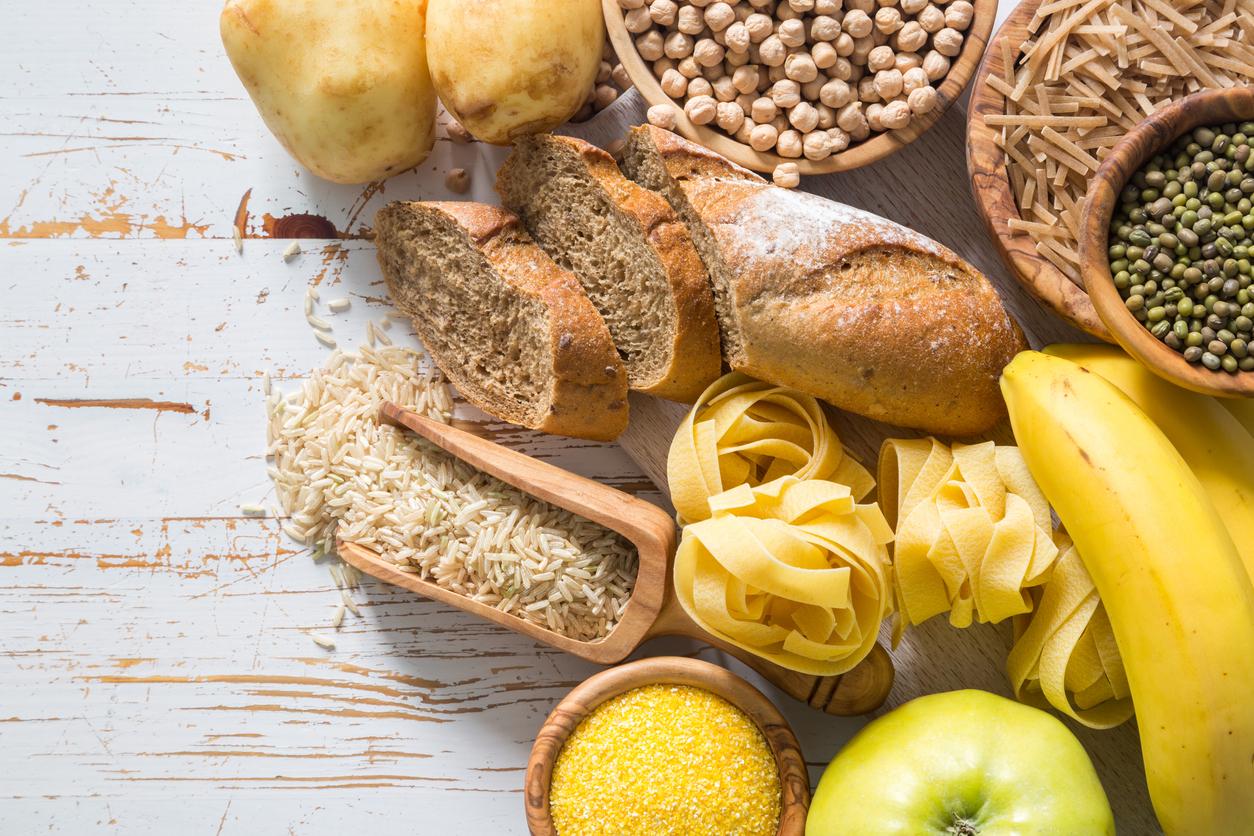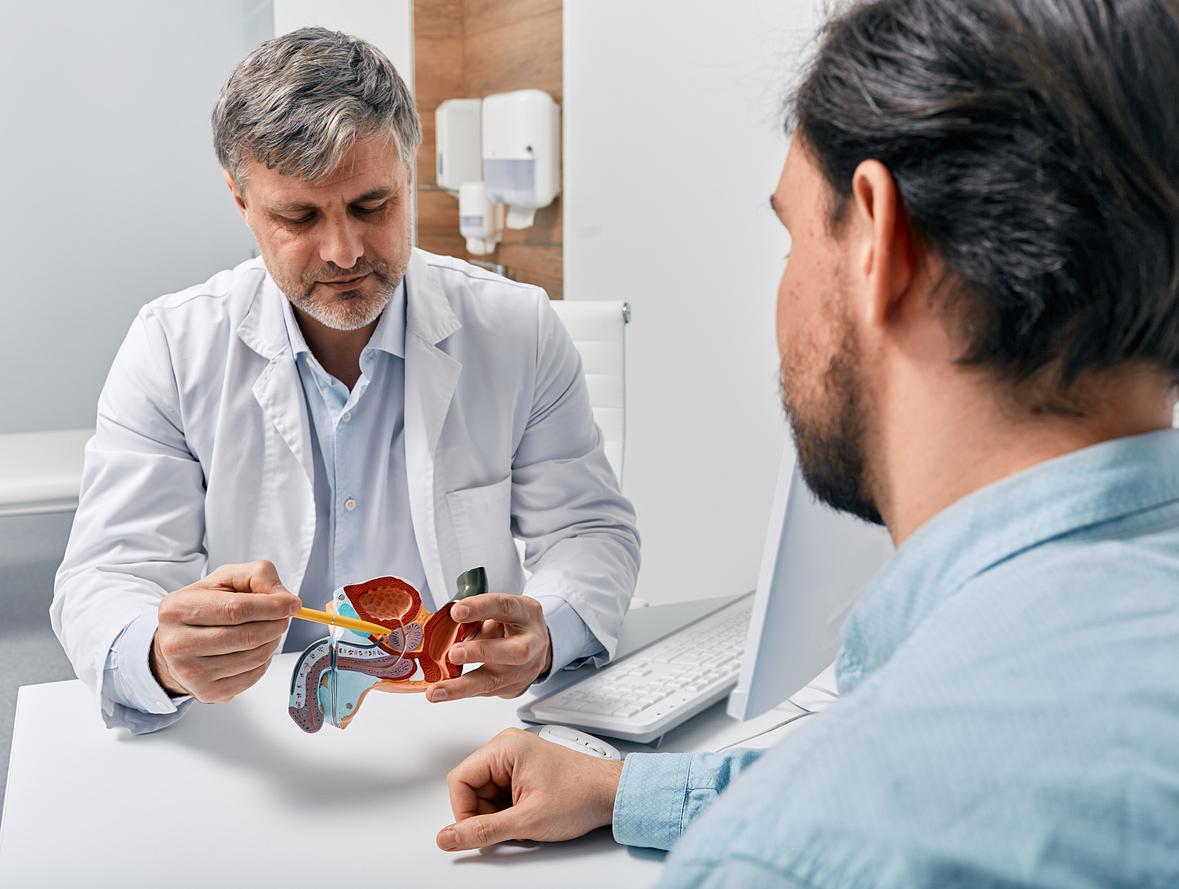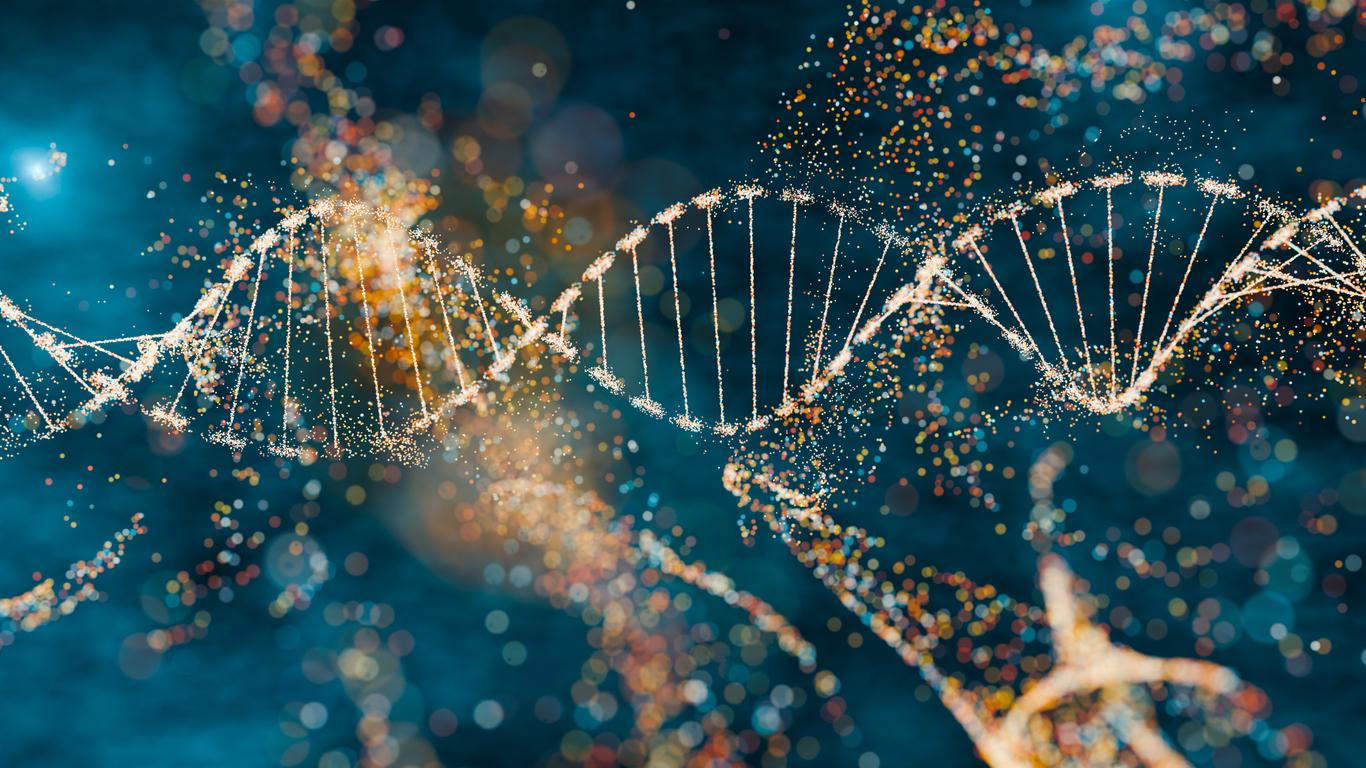The composition of our intestinal microbiota comes partly from our parents.

- To be healthy, it is essential that our intestinal microbiota functions properly.
- The intestinal microbiota is composed of a set of billions of microorganisms that are formed after birth in humans and animals.
- According to a new study, the gut microbiota may be partly transmitted from one generation to the next.
For the first time, scientists from INRAE have proven that the formation of the intestinal microbiota is partly heritable in pigs, an animal whose biological functioning is close to that of humans.
The environment influences the formation and composition of the microbiota
The intestinal microbiota is composed of a set of billions of microorganisms that are formed after birth in humans and animals.
“While we know that the environment (particularly diet) greatly influences the formation and composition of the microbiota, the influence of genetics in this phenomenon is still debated,” indicates INRAE in a press release.
To find answers to this problem, scientists first demonstrated that it is possible to divide 60-day-old piglets into 2 groups corresponding to 2 types of microbiota called “enterotypes”. Each enterotype is characterized by a relative overabundance of 2 bacterial genera:
– Prevotella and Mitsuokella for the PM enterotype;
– Ruminococcus and Treponema for enterotype RT.
Regarding the establishment of the 2 selected lines, the breeders were chosen to retain those who had a PM or RT type microbiota. Then the piglets of the 2 lines were raised in exactly the same conditions (same place, same food).
“The composition of the microbiota does not only depend on the environment”
“The results show that in the line selected for the PM enterotype, the frequency of this enterotype increased from 53% in the initial population before selection to 87% after 3 generations. In the other line, the frequency of the RT enterotype increased from 47% to 70%,” detail the authors of the study Catherine Larzul, Jordi Estelle and Claire Rogel-Gaillard.
Analyses of the growth rate of the two lines also show that pigs selected on the PM type microbiota have faster growth up to 70 days of age.
Finally, further analysis revealed that the 2 enterotypes contain bacteria with different metabolic activities. The PM enterotype is notably richer in bacterial genes capable of degrading starch, metabolizing sugars and synthesizing important amino acids.
Thanks to these two lines of pigs, work will continue to study the stability of enterotypes during the life of the animals and their influence on the production, health and behavior of pigs.
“These results prove that the animal’s genetics have a significant influence on the formation of its intestinal microbiota and that its composition does not only depend on the environment”, the researchers conclude.


















